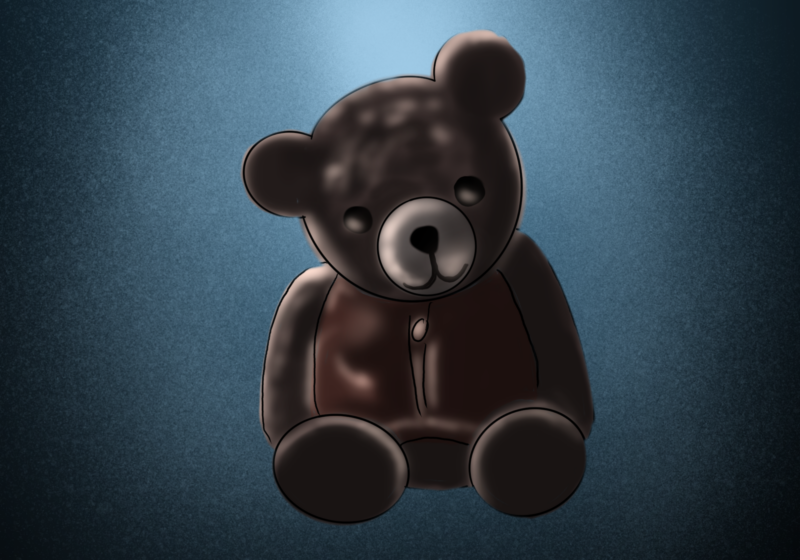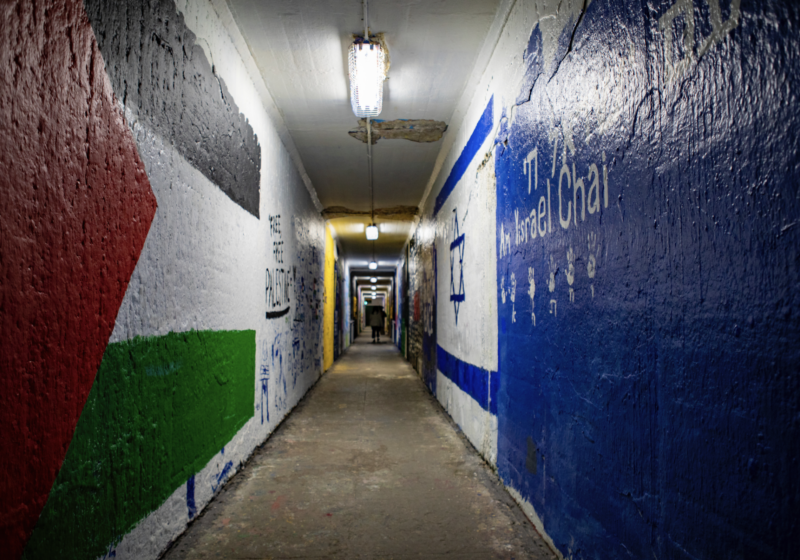“Wherever the hero may wander,” Joseph Campbell once wrote, “whatever he may do, he is ever in the presence of his own essence—for he has the perfected eye to see. There is no separateness.” In Cary Fukanaga’s long-awaited “Beasts of No Nation,” out via Netflix and in selected theaters on October 16, Agu (Abraham Atta, making a stunning debut performance) is never separated from who he believes himself to be: a “good boy.”
Agu’s family lives in a buffer zone between Economic Community of West African States Monitoring Group forces and rebel groups, enjoying relative peace, though the threat of violence looms. Agu and his friends spend their days as children do, bothering adults and playing amongst themselves, learning what it is to be a part of a group. When they’re warned of approaching troops from both sides, Agu’s father rushes his two younger children and his wife to an unnamed capital city, while he, Agu and Agu’s older brother stay behind. In the ensuing clash, Agu’s father and brother are killed, while Agu, heartbreakingly depressed, escapes into the forest.
What follows is an exploration of masculinity, violence and loss that is as powerful as it is difficult to watch. Agu is picked up by a rebel group made up mostly of children, led by a man known only as Commandant. Idris Elba, playing Commandant, brings a brutal grace that is both sickening and seductive to watch. He commands his child soldiers through a mix of little victories (a ride in his jeep, praise in front of the battalion, promise of martyrdom) and savage violence. He stalks across the screen, scowling and fierce, a sexual abuser of children, magnetic as he is repulsive. However, it’s the latter half of the movie, when we start to realize his insignificance within his loosely defined rebellion (he receives a dressing down from the “Supreme Commander”), that Elba shows Commandant for who he really is: a man who needs dominion over others to confirm dominion over himself.
All along, Agu learns how to be a child soldier. Attah does an excellent job at slowly but surely phasing out the physical paradigms of the beginning of the film, eschewing smiles and gangly flopping to stiff, rigid movements, both facial and otherwise. Agu makes new friends, and though they play and laugh like his friends back in his town, it’s tinged with violence, drugs and a profound sadness. Fukanaga takes great pains to depict the older children becoming his new brothers, as they supply him with the same mix of older-brother understandings of sex and life that his biological brother once did. Agu, under Commandant’s direction, kills but never becomes a killer, never stopping his pleas to God in his head. He wonders how his actions can remain unpunished, and whether or not he’s still a good boy. Atta, a first-time actor, wears the face of an adult for most of the film; he’s seen things he’s not supposed to see, and, consequently, he becomes something a child is not supposed to become.
Much has been said of the movie not being set in any specific country. Indeed, it would seem disingenuous to let Agu’s vision of Africa as a lawless wasteland of murder and despair be a substitute for all of Africa. However, Fukanaga was staying true to the source material (“Beasts of No Nation” was published as a novel in 2005) in his decision to not name the country, and it’s a smart one—it puts the focus on the characters rather than on larger historical details, which, important as they may be, would’ve seemed out of place in this small psychological study. Fukanaga, best known for his Emmy-winning turn as the director of “True Detective,” creates whole worlds for Agu to inhabit, both in and outside of his head. “Beasts of No Nation” can sometimes have a dreamy, trippy quality to it, putting it more in line with psychologically harrowing war films like “Apocalypse Now” than the more journalistic iterations like “Saving Private Ryan.” A gauzy, textural score from Dan Romer (of “Beasts of the Southern Wild” fame) helps that along.
When Agu is finally, mercifully brought to a missionary school, he has more trouble than the other children in becoming a child again. His questions about God and life are similar to those that were asked by Holocaust survivors—asked to do unspeakable things just to survive—and Agu worries that the counselor assigned to him will consider him a “beast.” When we last see Agu, he’s approaching the beach, where all the other children are playing. Slowly, he steps into the ocean, but, picking up speed, he runs into the surf with the others, looking like a child for the first time in ages. “Beasts of No Nation” can be horrifyingly bleak, but that little glimmer of hope tries to provide us with the sense that humanity, no matter what the conditions, will always find a way out from under depravity.
Bernstein is a member of
the class of 2018.





